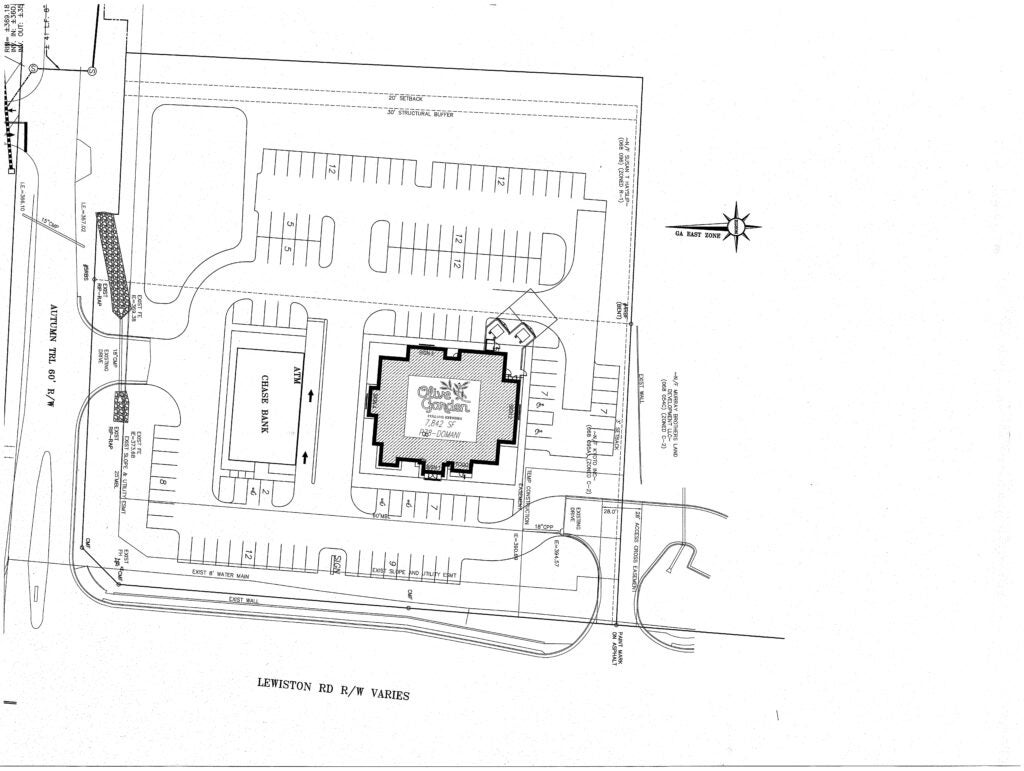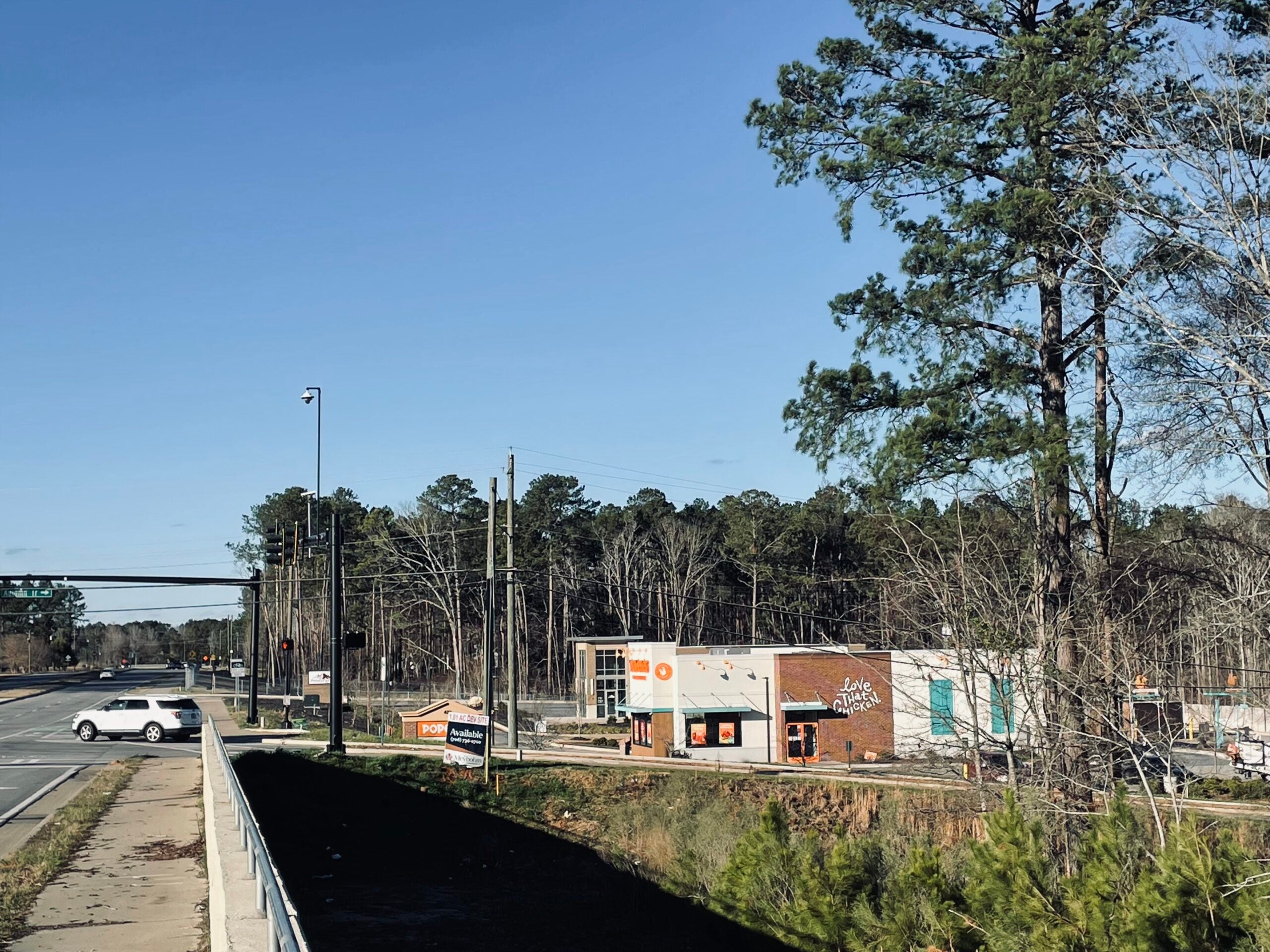The rezoning of properties on Lewiston Road and Autumn Trail that would’ve made way for a proposed Olive Garden was denied by the Columbia County Board of Commissioners.
At the March 18 meeting, commissioners unanimously voted to deny the rezoning of 426 Lewiston Road from C-2 (General Commercial) to C-C (Community Commercial) and 5136 Autumn Trail from R-1 (Single Family Residential) to C-C (Community Commercial). The denial came after residents of Autumn Trail spoke out against the 5136 Autumn Trail rezoning at the Planning Commission earlier this month and at the Board of Commissioners Tuesday night.
Doug Thorton, who lives on Autumn Trail, told commissioners there was a petition with over 185 signatures against the rezoning and voiced several concerns, including increases in pollution, traffic, stormwater runoff and more.
“There are many suitable commercial lots in existence already along Lewiston Road and near the potential rezoning area. First and foremost, an increase in pollution. Residents of Autumn Trail have seen a significant increase in water, noise light and physical pollution since the construction of the Popeyes on Lewiston Road.”
He also expressed concern about seeing an increase in noise and traffic from people traveling down Autumn Trail to get to the restaurant or using private driveways to turn around.
Matthew DeMyers, who spoke on behalf of the developers and owner of 5136 Autumn Trail, said the Lewiston Road property didn’t have the needed depth, that’s why they were seeking to rezone the Autumn Trail property. This would help with some of the concerns voiced by the Autumn Trail residents, including stormwater runoff issues.

Homestead exemption resolution approved
The commissioners unanimously approved all the items on the consent agenda, which included resolution 25-10, which is asking the local delegation to create local legislation that would increase the homestead exemption for Columbia County from $2,000 to $8,000.
County Manager Scott Johnson previously told the Augusta Press, that following approval of the resolution, the local delegation will write and present the bill to the general assembly. If passed, it will go to Gov. Brian Kemp to sign. If signed by Kemp, it will then go on the ballot to go before voters in November. If approved, it would be effective Jan. 1, 2026, and apply to next year’s property tax bill.









